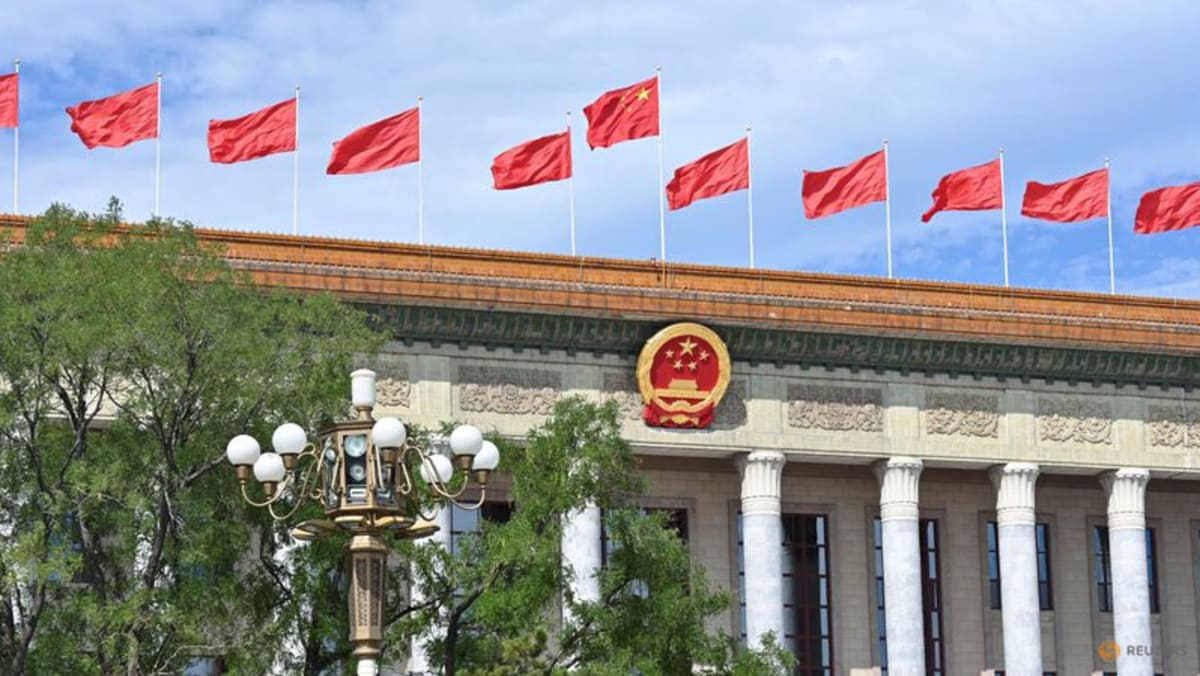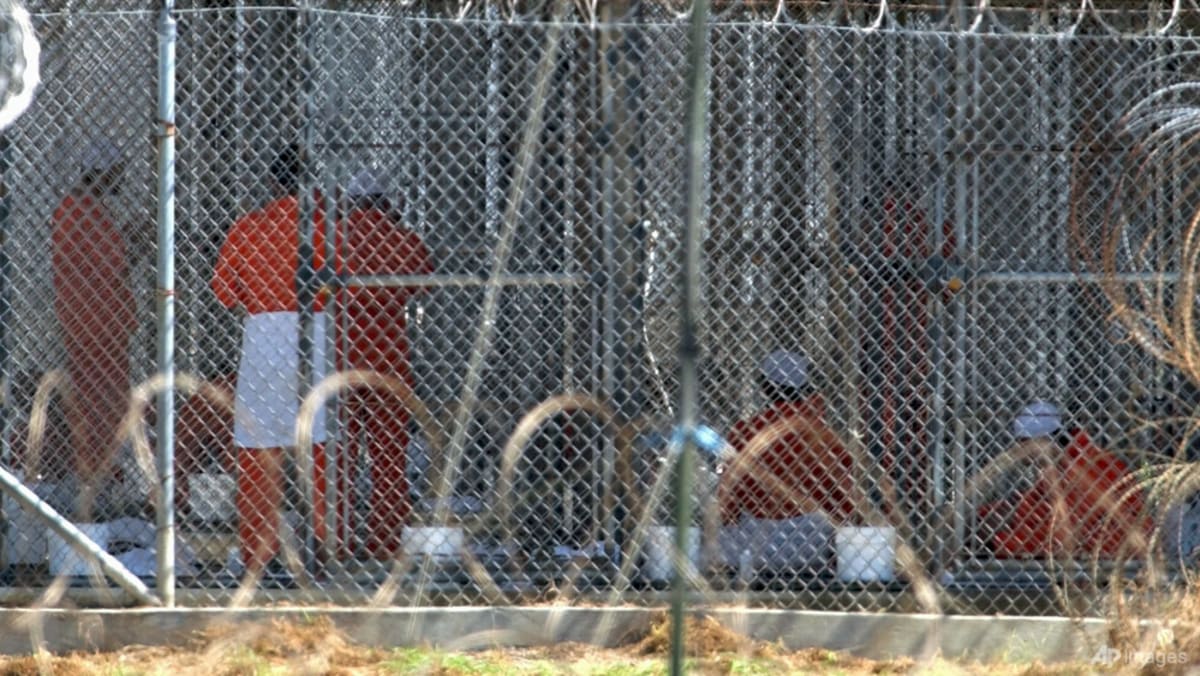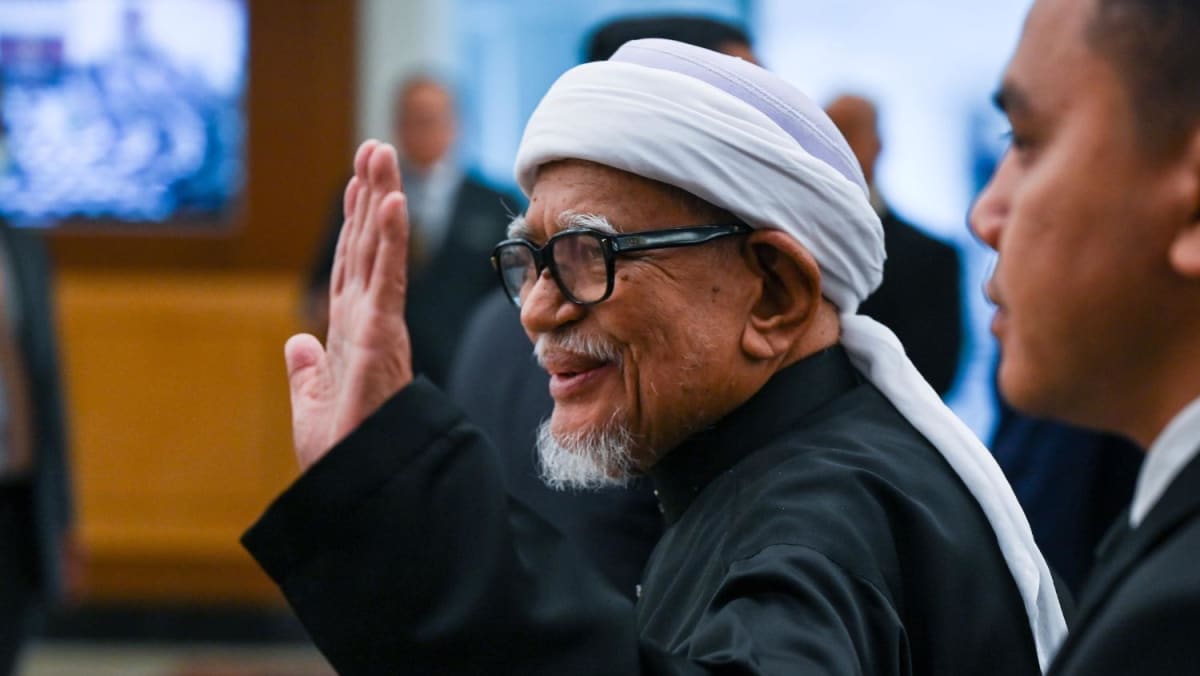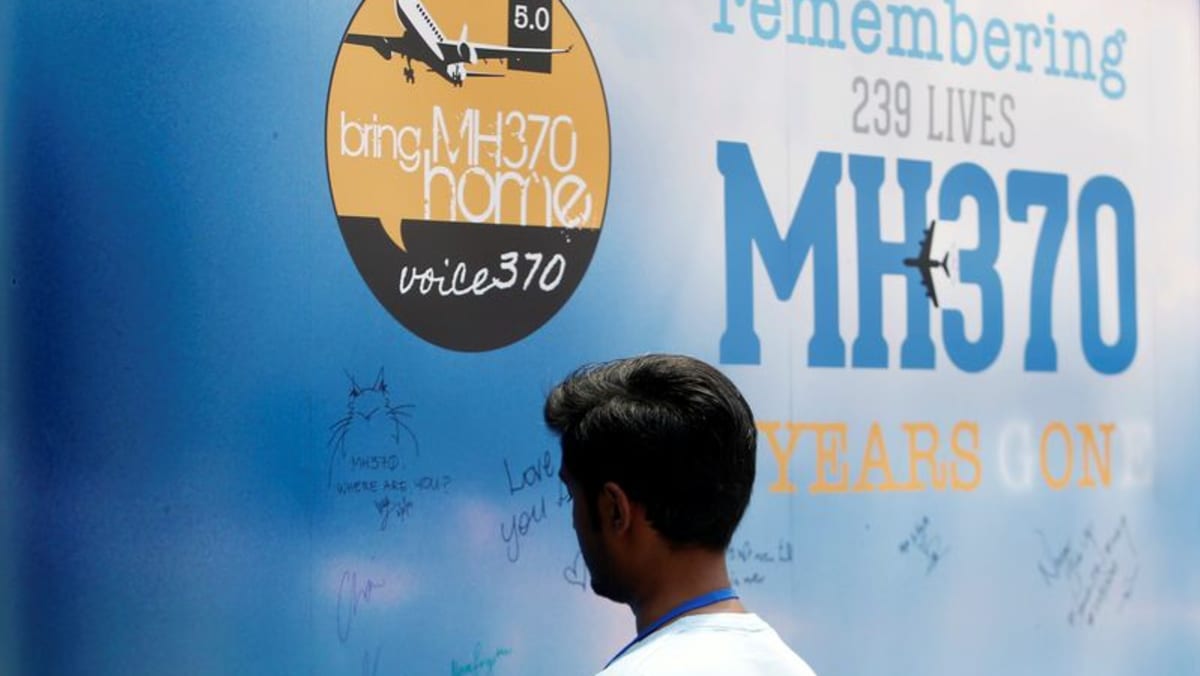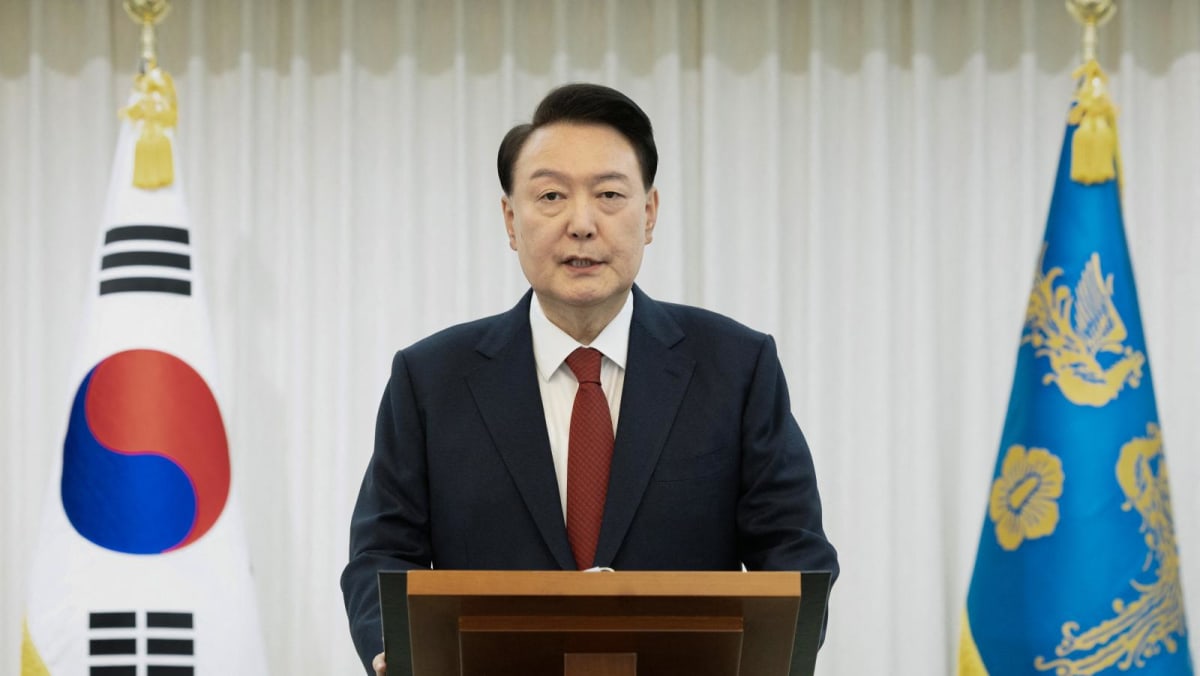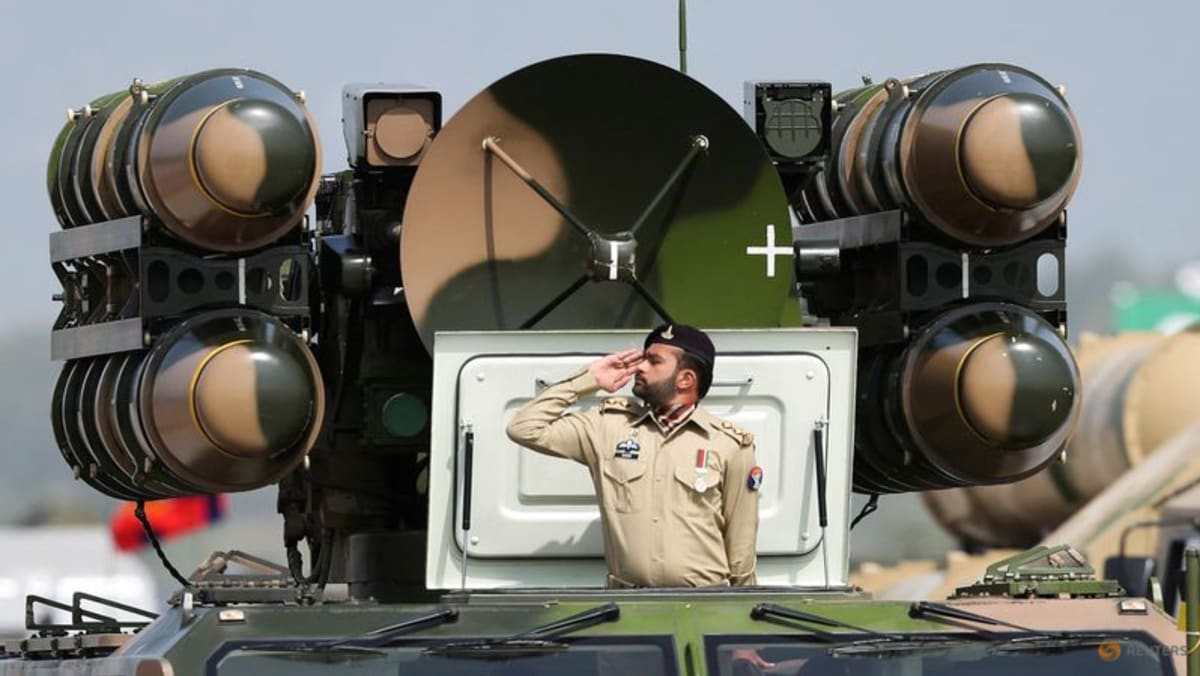Commentary: Cybertrooper activity in state elections marks irreversible trend in Malaysia politics

PN CYBERTROOPERS
PN’s cybertroopers dominated Facebook and built most of their political campaigning around firebrand characters, particularly caretaker Chief Minister of Kedah, Muhammad Sanusi Md Nor.
Prior to the elections, police arrested Sanusi after he allegedly insulted local royalty in a TikTok video. During the campaign, there were several controversies involving Sanusi, most notably with the Minister of Home Affairs on the issue of rare earth element theft and with the caretaker Chief Minister of Selangor, who threatened to sue Sanusi.
In both cases, PN cybertroopers defended Sanusi and presented PH-BN as an abusive government that silenced its critics by curtailing the freedom of speech and abusing lawsuits.
In the final week of campaigning, two major issues became a focus of cybertroopers: An incident involving Prime Minister Anwar Ibrahim at an event with local pre-university students and a televised debate between Minister of Economics Affairs Rafizi Ramli and the PAS MP for Bachok Syahir Sulaiman on economic plans for Malaysia.
In the first, Anwar was accused of being condescending and rude in his response to a student’s question regarding the racial quota system in tertiary education while in the second, Syahir was seen as losing the debate as his presentation was poor, with flawed and under-developed arguments.
PH-BN and PN cybertroopers were quick to engage in both these episodes to spin the story in their side’s favour. In defence of Anwar, PH-BN cybertroopers focused on highlighting that the original video was intentionally edited to embarrass Anwar and emphasising that the PM was right to chide the student.
On the other hand, PN cybertroopers, in manipulating public opinion, accepted that Syahir performed poorly but sought to minimise the debate by calling it a waste of time and claiming that it would not affect the election.
Cybertroopers are not meant to flip political viewpoints but to entrench them; they cast doubt on valid political viewpoints and pre-emptively shut down debate or distort it. In all the examples of online fighting between PH-BN and PN cybertroopers, both sides were adamant that their side was faultless and the other could do no right.
The upshot is that their growing presence is causing Malaysian voters to become even more polarised and fragmented in real life, leaving neutral voters disenfranchised, as they are pushed out of online discourse.
Benjamin YH Loh is Visiting Fellow of the Media, Technology and Society Programme at ISEAS – Yusof Ishak Institute and Senior Lecturer at Taylor’s University, Malaysia. Sarah Ali is a PhD candidate at the Gender Studies Programme at Universiti Malaya. This commentary first appeared on ISEAS – Yusof Ishak Institute’s blog, Fulcrum.
Source: CNA





